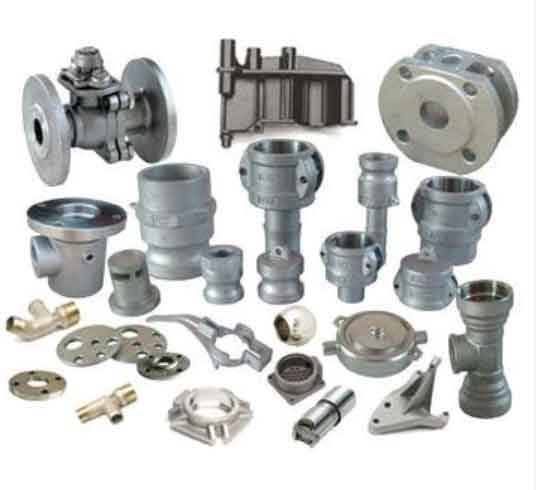Quality assurance is a critical aspect of sand casting parts manufacturing to ensure consistency, reliability, and performance of the final products. Here are some key elements of quality assurance in sand casting:

- Process Control: Implementing robust process controls is essential to maintain consistency and repeatability in sand casting. This includes strict adherence to process parameters, such as sand mixture composition, mold preparation, pouring temperature, and cooling rate, to achieve consistent results.
- Quality Inspection: Regular inspections throughout the casting process help identify any potential defects or issues early on. This can include visual inspections, dimensional checks, and non-destructive testing methods such as ultrasonic testing, X-ray examination, or magnetic particle inspection.
- Material Analysis: Thorough material analysis is conducted to ensure the quality and suitability of the casting materials, including the sand, binders, and alloys. Material testing techniques, such as chemical analysis and mechanical property testing, help verify compliance with specified standards.
- Mold Integrity: Ensuring the integrity of the molds is crucial for producing high-quality castings. This involves proper mold design and construction, control of mold temperature, and regular maintenance to prevent defects such as mold erosion, cracking, or mismatch.
- Casting Defect Prevention: Implementing measures to prevent common casting defects is essential. This includes proper gating and riser design to ensure uniform filling and solidification, controlling the pouring parameters, managing the cooling rate, and using suitable coatings or parting agents to minimize surface defects.
- Documentation and Traceability: Maintaining comprehensive documentation throughout the production process helps track and trace the manufacturing history of each casting. This includes recording process parameters, material specifications, inspection results, and any post-casting treatments or machining processes performed.
- Certifications and Compliance: Sand casting manufacturers may obtain certifications such as ISO 9001 to demonstrate their commitment to quality management systems. Compliance with industry-specific standards and customer requirements is also crucial to ensure consistent quality and customer satisfaction.
- Continuous Improvement: Implementing a culture of continuous improvement is essential to identify areas for enhancement and address any recurring quality issues. This involves analyzing data, soliciting feedback from customers, and actively seeking opportunities for process optimization and innovation.
By implementing robust quality assurance measures, sand casting manufacturers can ensure consistent product quality, meet customer specifications, and deliver reliable and high-performance casting parts.
